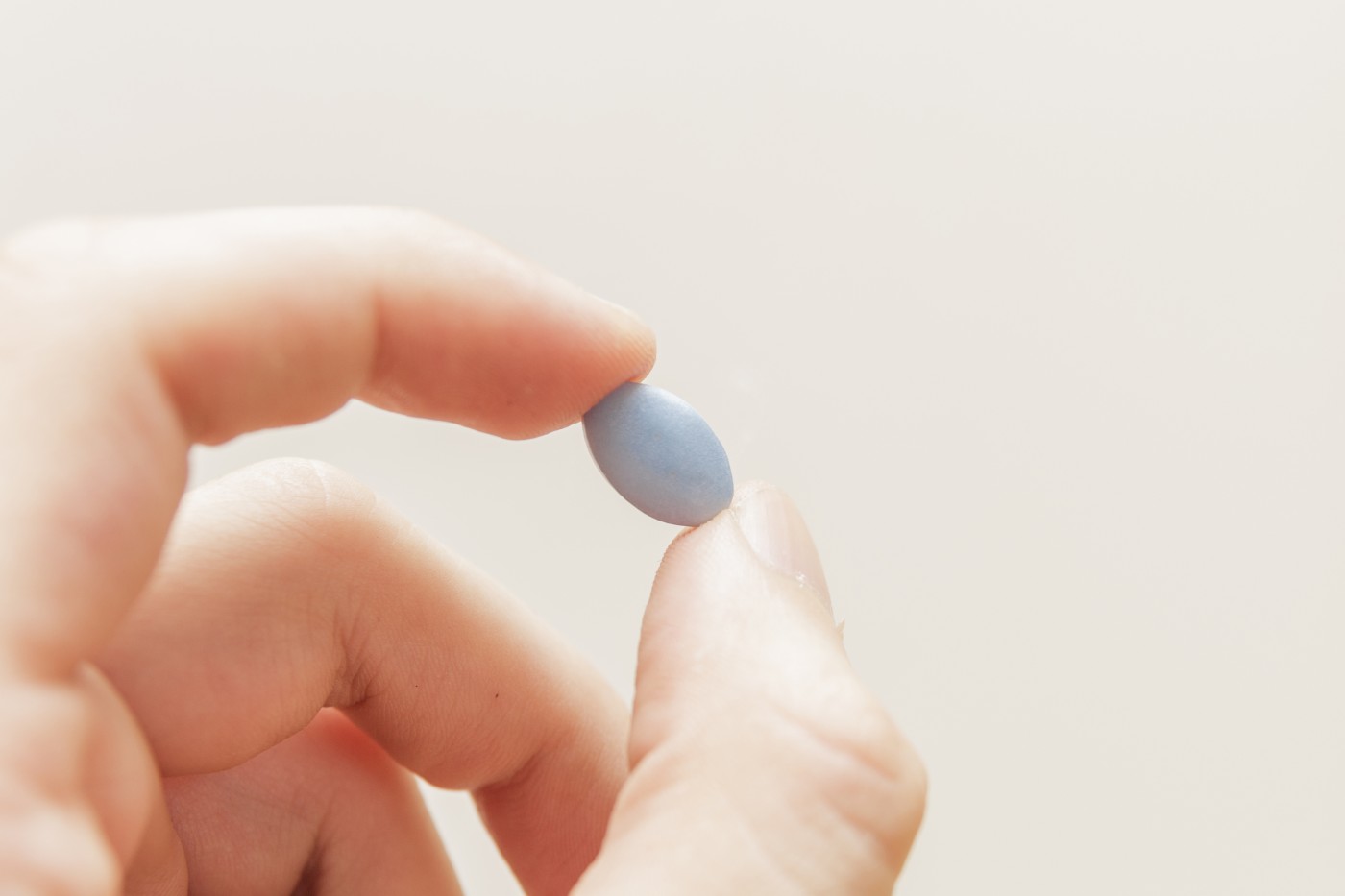Review on Teriflunomide (AUBAGIO), an Oral Therapy for Relapsing Multiple Sclerosis
Written by |

and this
A review recently published in the journal Clinical Therapeutics focused on teriflunomide as a treatment for patients with relapsing multiple sclerosis (MS), taking into account its reported clinical efficacy and safety. The study is entitled “Teriflunomide: A Once-Daily Oral Medication for the Treatment of Relapsing Forms of Multiple Sclerosis” and was conducted by Dr. Aaron Miller, Professor of Neurology at Icahn School of Medicine at Mount Sinai, New York.
MS is a chronic, progressive neurodegenerative disorder that results from the attack to the central nervous system (brain, spinal cord and optical nerves) by the body’s own immune system resulting in motor function impairment, irreversible neurological disability and paralysis. The most frequent form of the disease is relapsing-remitting MS, which is clinically characterized by recurring episodes of neurological symptoms. It is estimated that more than 2.3 million people in the world suffer from MS and there is currently no cure.
Teriflunomide (Aubagio) is a once-daily oral immunomodulatory drug with anti-inflammatory properties. It represents an alternative for injectable therapies like interferon-beta and glatiramer acetate. Although the exact mechanism of action of teriflunomide is not clear, it is presumed that the drug reduces the number of activated lymphocytes (important white blood cells) that enter the central nervous system, cells which are thought to be in part responsible for the damaging inflammatory process associated with MS.
Teriflunomide (7 and 14 mg) received approval from the US Food and Drug Administration (FDA) in September 2012 for the treatment of relapsing MS. This approval was based on Phase II and Phase III positive clinical trial results, where it was shown that teriflunomide could significantly reduce the annualized relapse rate and the average number of active brain lesions characteristic of MS in patients.
In October 2014 the prescribing information for Teriflunomide was updated based on results from two other Phase III clinical trials – TOPIC (Oral Teriflunomide for Patients with a First Clinical Episode Suggestive of Multiple Sclerosis) and TOWER (Teriflunomide Oral in People With Relapsing Multiple Sclerosis).
RELATED: Mitochondria May Play a Role in MS Development and Progression
In terms of safety, the combined data from the available clinical trials showed that the adverse events occurring in more than 2% of the MS patients and more than 2% higher in comparison to control groups (placebo) were headaches, diarrhea, nausea, hypertension, alopecia (hair thinning), arthralgia (joint pain), paresthesia (tingling) and neutropenia (low count of neutrophils, white blood cells).
According to Dr. Miller, the clinical evidence available indicates that teriflunomide is an effective therapy for patients with relapsing MS, having a favorable benefit–risk profile. The author believes that teriflunomide can be considered an alternative therapeutic option for patients who are intolerant or have failed in responding to other disease-modifying therapies.
Teriflunomide is currently approved in more than 50 countries, and more than 30,000 patients have been treated with the drug worldwide.


